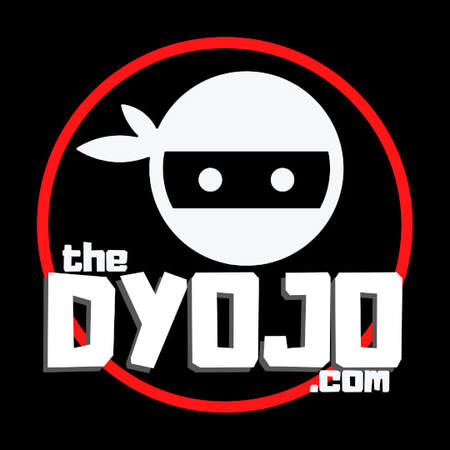|
We recap some of the highlights from the Restoration Industry Association (RIA) Convention and Expo with our friend Ed Cross. Items of interest for property restoration contractors include an apology from the stage by Xactimate/Verisk and a face the advocate with four TPAs from the insurance claims ecosystem; Contractor Connection, Alacrity, Sedgewick, and Westhill. In Episode 117 of The DYOJO Podcast 0:00 Sgt Ed Cross 2:23 Recap of Episode 116 3:20 Waste Diversion Tracking 4:31 Insurance Denied by Drone 6:09 New Position Statements from RIA 9:46 Xactimate Apologizes to Restorers 16:32 Weaponizing Xactimate 24:28 RIA 2024 Highlights Clips were used in this Episode from
* InsurTech Trends, Integrations, Pricing, & More - C&R Magazine / Restoration Today Michelle Belvins interviews Aaron Brunko - https://www.youtube.com/watch?v=7E0Ja... * Restoration Invoice: PAID - Restoration CrossCheck (Sgt Ed video) - https://www.youtube.com/watch?v=PVSUe... QUESTIONS: Are there restoration contractors in Rhode Island or South Dakota? Read the article in C&R Magazine Watch the recap video on The DYOJO YouTube
0 Comments
Tradeshows are an excellent way to expand your knowledge and your network. Industry expos can also be socially awkward. Meeting new people can be harrowing. This is true whether you have been to several large events or you are attending your first convention. One creative way I have found to force myself to meet new people is to try to meet a member from every state at larger industry events. This practice gives me a goal, forces me out of my shell, and has opened up some fun conversations. READ MORE: C&R Article - Embracing the Social Awkwardness of Industry Tradeshows WATCH the video recap (Below) Jon Isaacson was a guest on The OG Spotlight from Learning and Mishaps for the skilled trades and construction industry. If you don't have a leader that is invested in your growth, then you have to invest in yourself." - Nicole Humber, CEO of Bravo Restoration On Episode 110 of The DYOJO Podcast, we talked to Nicole Humber CEO of Bravo restoration, she's going to piggyback on the concept of reaching out to schools and talking to students about opportunities in the skilled trades. She says, "So I've been really involved in those schools coming back and either being a presenter and talking about our specific trade, or being a mentor for women, like women students that are interested, but not like, they only see male, so they think that's allowed. We have a couple of programs outside of schools that focus in on, you know, ages 16 to 24, or right after high school. And so I just get involved in those, you know, reaching out asking if I can be a mentor, or like, Hey, do you need anything like, what can I give you to help?" Generational Construction OutreachWe echo what Nicole is saying. And for anyone who hasn't experienced it, and we've had some badass ladies on our crews. It really is, there's no rhyme or reason it's not you're from this generation means that you're a hard worker, I've had people from older generations who have been lazier than young people. I've had young people kick butt and, you know, take in complex concepts quicker than others who've been doing it for a long period of time. So it's really, you know, finding the right people that are a culture fit for your organization. And if you look around, and the culture is pretty monolithic, you know, maybe it's a lead not, maybe it's a leadership issue, it's time to you yourself, need to get outside of your box, expand the parameters for finding new talent, and finding ways to make it open and inviting to not just because it's the right thing to do, but because it will exponentially grow and improve your company having more diverse influences. What are some of those words of encouragement for people that maybe are feeling like, Man, why am I doing this? Do I need to stick with it? How do will I break through barriers? Because whether it's a young person or various genders, or races, you know, there's all kinds of barriers to you know, especially a very traditional old school thinking industry. Becoming a Valuable EmployeeNicole Humber says, "I think that um, my biggest encouragement or advice would be just, you can only control what you can control what you do. You can't control what other people say or do or, or, and so it's like, what you can control is what you experience. And so when people are in these establishments, that they're like, I can't quite break through this barrier. I feel like there's a seat. A glass ceiling, I just I see it, but I can't get there. Invest in yourself. So invest in reading leadership books, invest in, you know, if you have to pay for your own IICRC classes do that. Do your research, become an expert in the industry where it makes it impossible for anyone to put the lid over you. If you don't have a leader that is invested in your growth, then you have to invest in yourself." This week on The DYOJO Podcast we share some more property restoration history. If you listen to IAQ Radio on Fridays, you know that Cliff Zlotnik always opens the show with a question. Joe Hughes and the Z Man are the OG's of property restoration podcasting. They were podcasting before that was even an option, broadcasting live in the 2000's over internet radio.
We speak to this restoration founding father's sons and several others about these historic contributions that birthed the water damage mitigation industry. Cliff Zlotnik shared, "His invention of the air mover was probably the most significant invention for our industry. It was a brilliant idea. It was simple. And do you know what's even crazier? His idea to put it underneath the carpet and float the carpet." Any classic loss is gonna at least involve three people, what we refer to in How To Suck Less At Estimating as The Restoration Triangle.
As David Princeton, guest for The DYOJO Podcast Episode 100 says, "At a minimum, those are the three those are the three people that have to be involved in the claims process." Roles in the Insurance Claims ProcessAs The DYOJO wrote about previously in Cleaning and Restoration (C&R) Magazine, Throughout his career, Pete Consigli, The Global Restoration Watchdog, trained restorers to value the Restoration Triangle. Each party brings something unique to the table that should be heard and referenced as the agreed-upon scope is established:
Pete reminds stakeholders, “If one of these parties is left out of the process of determining and agreeing on the extent of damage, scope of repair, cost of restoration to a pre-loss condition, timelines, and criteria for satisfactory completion, then there will be problems.” A claim should not follow the narrative of a T.V. drama or a strategy for Survivor, whereby two members of the triangle team up to push their narrative through. For example, the contractor and client should not be in cahoots to figure out a way to “maximize the claim” without justification. This is fraud. Neither should the contractor and the carrier be working together to dwindle the scope. This is short-changing (and likely grounds for bad faith). Contractors and Carriers Working TogetherThe DYOJO wrote about contractors and insurance carriers working together from the same site documentation in Property Casualty 360 Magazine on the topic of Expediting Claims Processing. The goal or standard of claims processing is to create an agreed-upon scope of work to restore the damaged structure to resemble its pre-loss condition with materials of like kind and quality. I believe 360-degree capture tools will continue to improve and provide a valuable resource to all parties of a claim. If we want to arrive at an expedited, agreed-upon scope of work that is as accurate and thorough as possible, everyone in the claims chain will benefit from having access to the same information. Increased capacity while simultaneously elevating data capture and collaboration opportunities would seem to be reason enough for 360-degree capture integration in the claims process. For those who are reviewing the claim remotely, ask whether the company you are working with will share their virtual walkthrough. If there is a claims question, it will be helpful to access one of these resources so that carrier, contractor, and insured (the Restoration Triangle) can virtually access the three-dimensional capture of the affected area. I hope that carriers and contractors will see the value in the utilization and sharing of these resources. This content was adapted from The DYOJO Podcast Episode 100 "Matching Materials for Insurance Claims" with David Princeton and Bill Wilson. |
Words
The DYOJO - helping contractors shorten Archives
June 2024
Categories
All
EstimatingMarketingInsurance ClaimsLeadership |
|
| |||||||
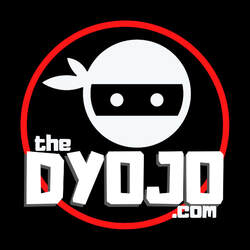
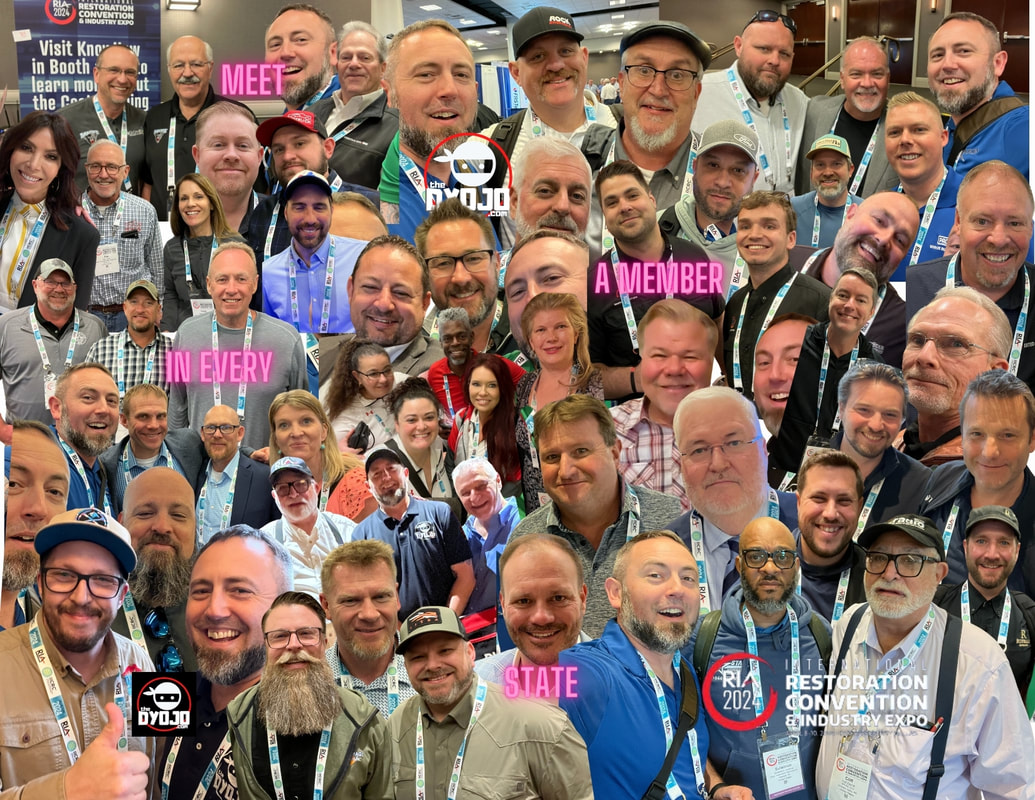
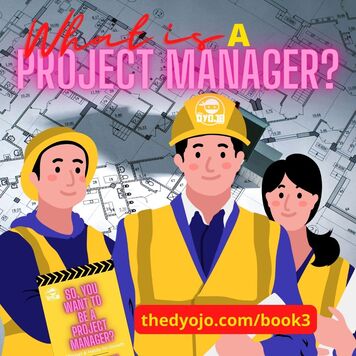
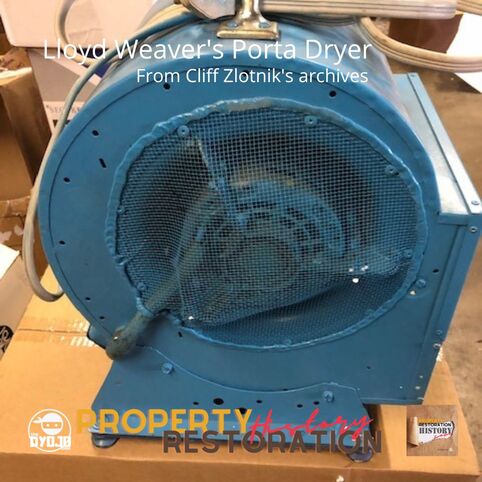

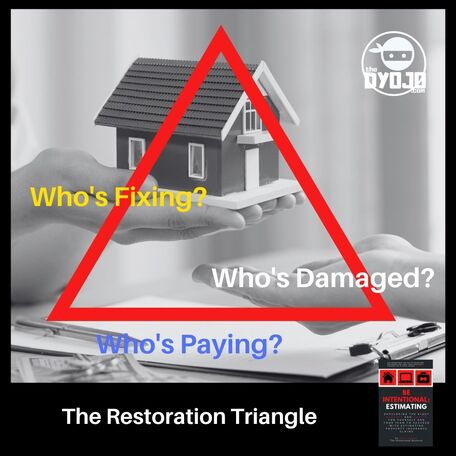
 RSS Feed
RSS Feed
